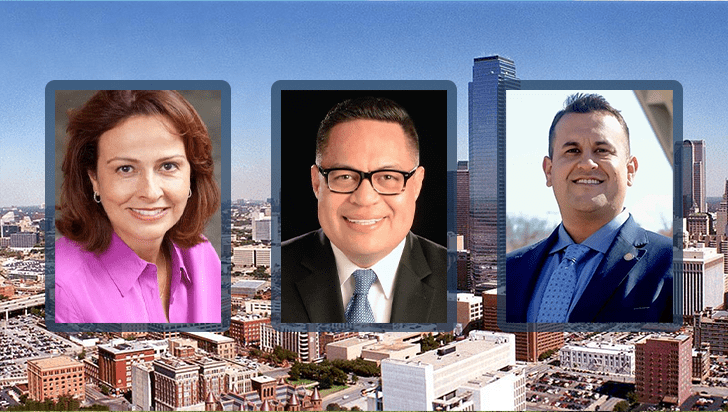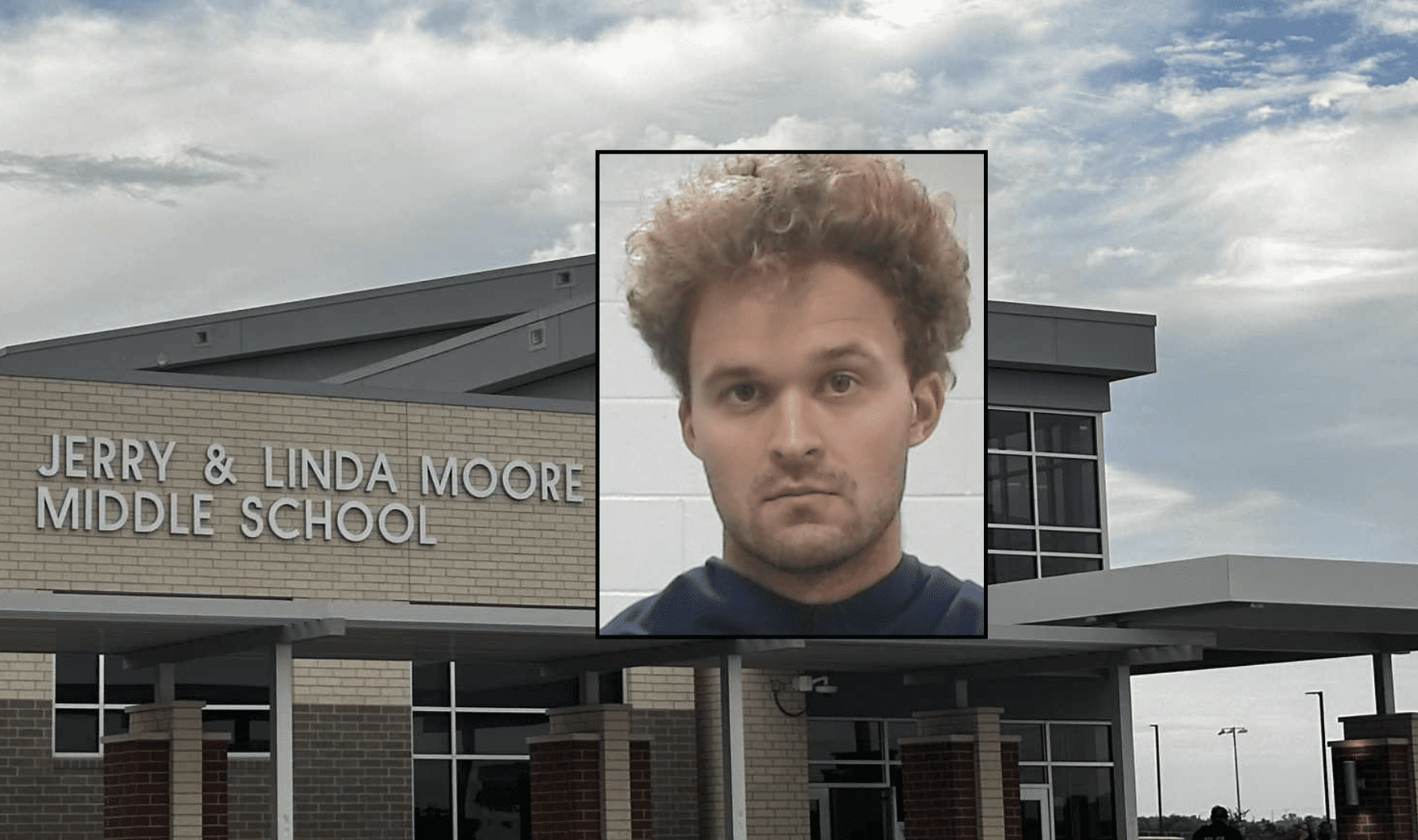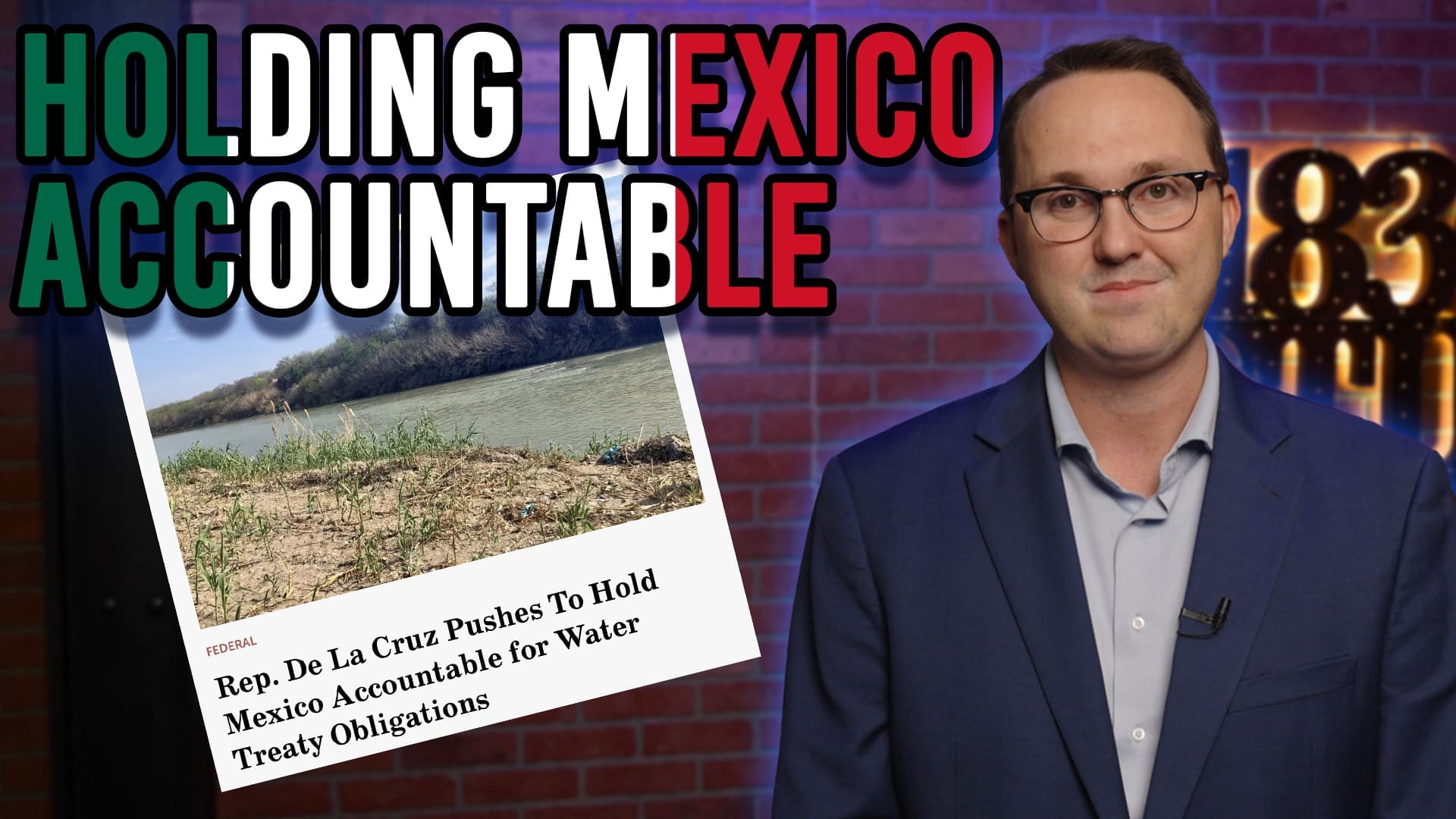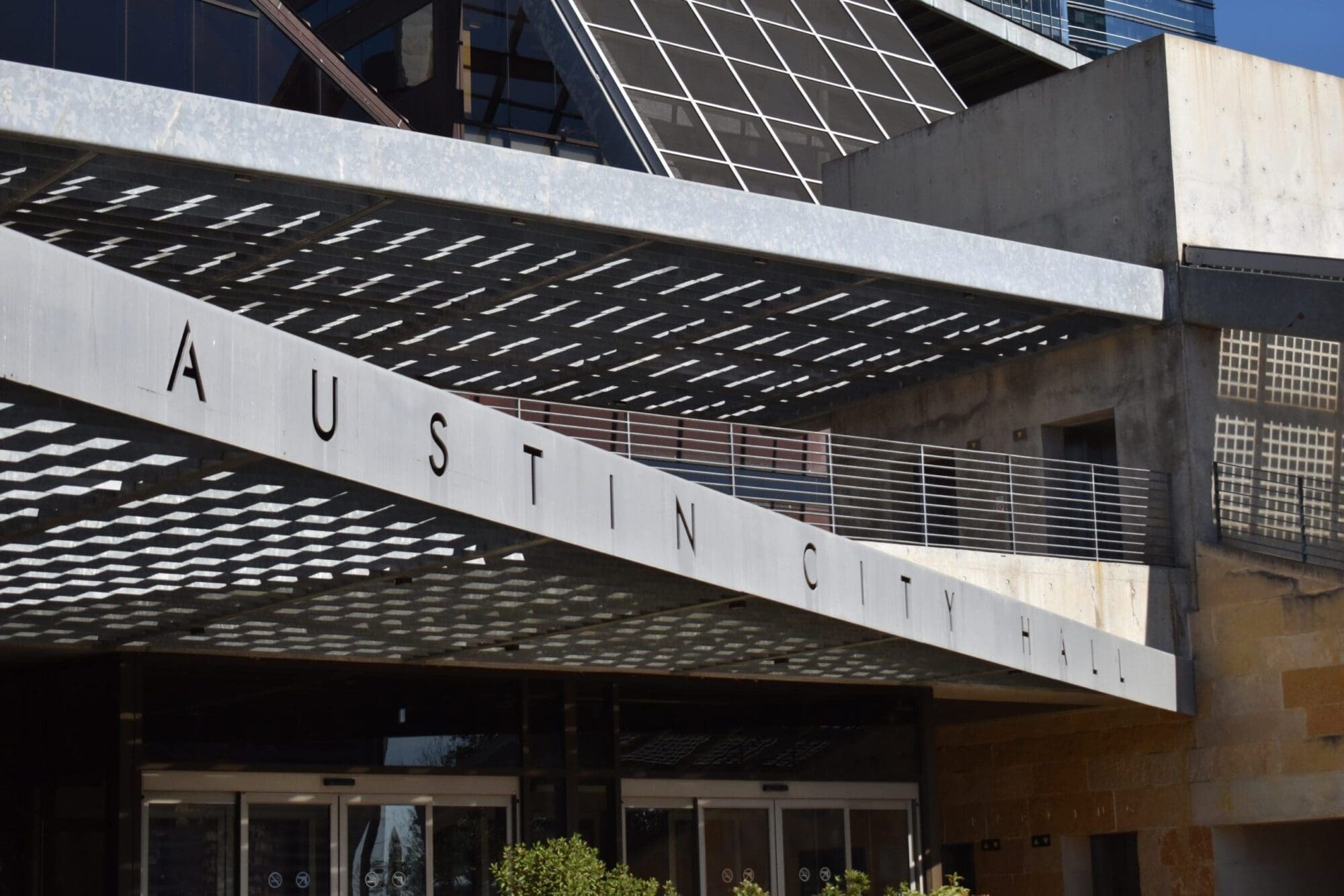In order to stave off potential firing from voters during the May 1 election, incumbent Dallas City Council members who voted to cut $7 million from police overtime ran from their vote and tried to reinvent themselves as pro-police.
A recent poll of registered state voters by Texas Public Policy Foundation showed 74 percent opposed defunding the police, a position Dallas Mayor Eric Johnson shared. He and only three other city council members—Adam McGough, Cara Mendelson, and term-limited Jennifer Gates—had aligned with the public on this issue.
On the other hand, prominent council members who previously pushed for “defunding”—Adam Bazaldua, Paula Blackmon, and Omar Narvaez—ran at warp speed during the election cycle to appear more in line with Johnson rather than radical leftists.
What They Did
The story traces back to last year, when after Dallas’ protests-turned-riots, Blackmon sent a letter on June 9 to City Manager T.C. Broadnax, asking him to “present options that reallocate public safety funding to equitable community funding.”
She was also one of the co-sponsors of Bazaldua’s original “defund” amendment to the budget, proposing to raid $7 million from police overtime to spend on items like bike lanes, solar power, the Bishop Arts Theatre, and miscellaneous expenses. His amendment was co-sponsored by Councilmembers Blackmon, Narvaez, David Blewett, Chad West, Tennell Atkins, and term-limited Adam Medrano.
West was unique in this coalition in that he told Texas Scorecard his support was due to alleged “abuse” of police overtime—a term Dallas Police Association President Mike Mata took issue with, though he did say the police could be more efficient. West won re-election with 52 percent of the vote, facing three opponents.
After citizens expressed opposition to defunding, Bazaldua offered to change course, still cutting $7 million but using most of it to move 95 police officers from desk work to patrol by hiring an equal number of civilian personnel. As with Bazaldua’s original proposal, Mayor Johnson opposed this, as did McGough and Mendelsohn, but it passed by a vote of 11-4 on September 24 and became part of the final city budget.
This March, Johnson told Texas Scorecard only 16 of those desk jobs had been filled with civilians, while a “net of 55 officers” had been lost.
Bazaldua continued his defunding push in December, as Dallas was on course for its highest number of murders in 16 years. He voted against the police department’s five-year ammunition contract and asked if there had been an audit to determine whether one round of ammunition would be sufficient for training, rather than the 50 rounds normally allocated. Narvaez asked if the money could instead be used for the police overtime budget. Both voted to have tear gas and rifle rounds removed from the contract. That motion failed by a vote of 10-5.
Then came the May 1, 2021, election season.
What They Claimed
Bazaldua faced seven challengers, Narvaez four, and Blackmon and Blewett each faced two. Incumbent council members who opposed the overtime cut, Mendelsohn and McGough, each drew only one challenger.
Rather than embracing their original positions, Bazaldua, Blackmon, and Narvaez tried reinventing themselves.
Blackmon used DPD shoulder patches in her political advertisements and told voters that police funding actually increased despite the police overtime cut. Mendelsohn pointed out that the increase happened because the full effects of the city council’s 2019 vote to give a raise to public safety officers weren’t realized until “this past year.”
Blackmon also joined Bazaldua and Narvaez in seeking the endorsement of the Dallas Police Association. Bazaldua’s appearance was all the more interesting after DPA President Mike Mata provided Texas Scorecard with a screenshot of an earlier Facebook comment in which Bazaldua advocated for a new city policy to ban associations from endorsing and funding campaigns.
“[It’s] funny how six months ago, Bazaldua was pushing for a policy that would prevent public safety [political action committees] from endorsing council races, then turns around and, after marching in the street for defunding, sits for 45 minutes to get the endorsement,” Mata stated. DPA endorsed none of those council members, and Narvaez was made to take down a sign claiming otherwise.
Bazaldua and Narvaez also used Dallas Police Chief Eddie Garcia’s image in their campaign flyers, which Garcia said he didn’t approve and violates the city’s code of ethics.
In the May 1 election, Councilmembers Casey Thomas and Tennell Atkins were the only ones who voted to defund and won their re-election races by overwhelming majorities of 82 percent and 73 percent, respectively.
Bazaldua and Blewett were forced into the June 5 runoff contests, winning only 39 and 32 percent of the vote, respectively. Blackmon won by 63 percent; Narvaez by 56 percent; Resendez faced three challengers and won with 51 percent; and Carolyn King Arnold faced four challengers and will go into a runoff with Maxie Johnson, who is backed by controversial Black Lives Matter activist Dominique Alexander.
Meanwhile, pro-police McGough and Mendelsohn handily won re-election by 90 percent and 81 percent, respectively.
Citizens appeared to have made gains this election, as Bazaldua, Blackmon, and Narvaez felt pressured to run from their “defund” votes. It remains to be seen what will happen as far as police funding later in the 2021 budget discussions, as Blackmon pointed out last year that the council will face a $62 million budget black hole.
In a previous interview, Mayor Johnson was asked if he and citizens will face another attempt to defund the police. He responded, “I hope not, but that is up to voters.”





